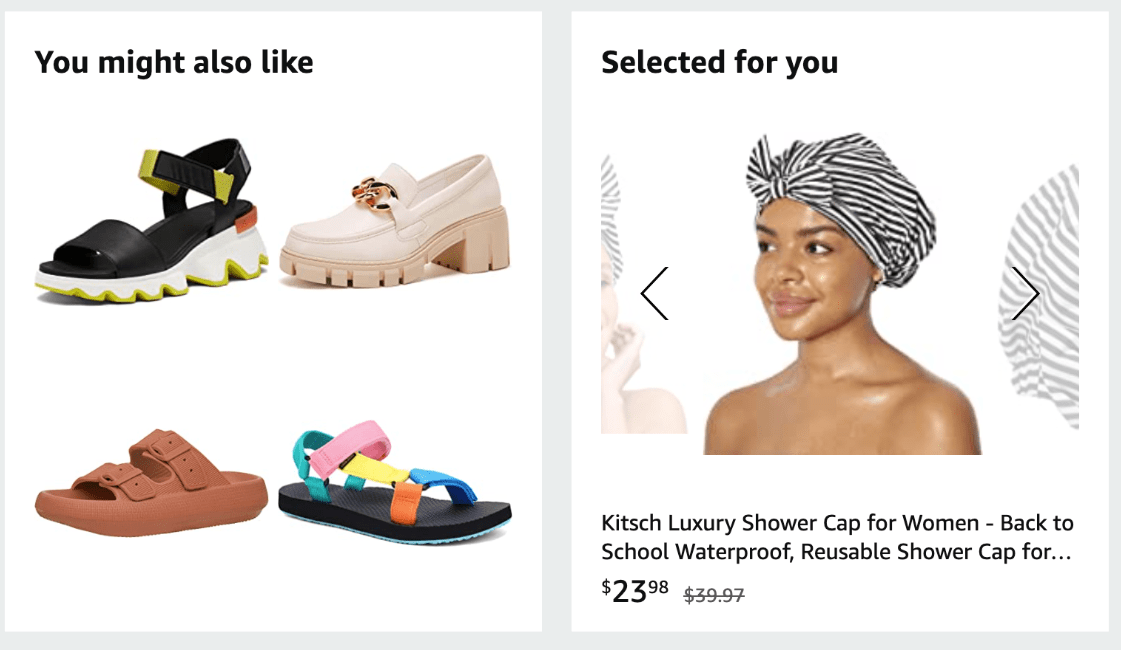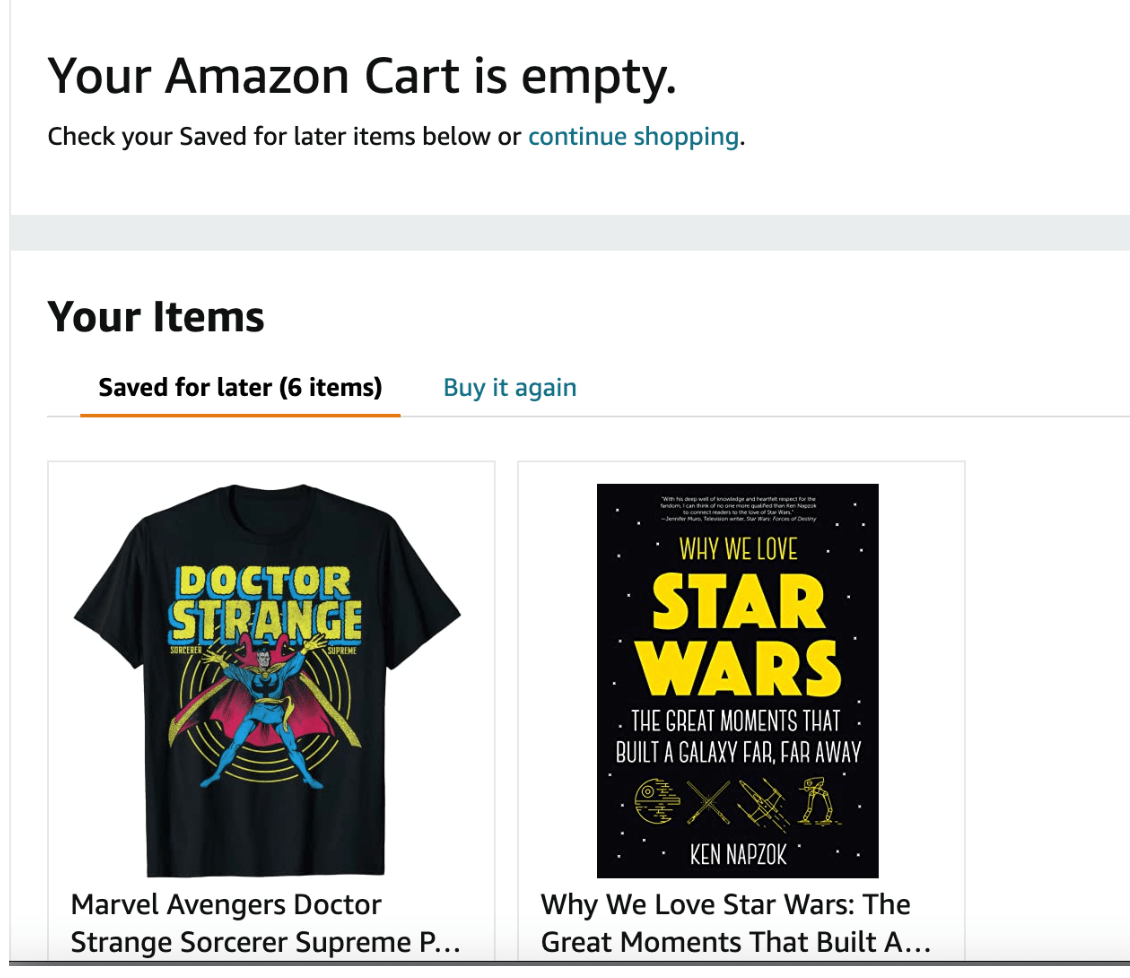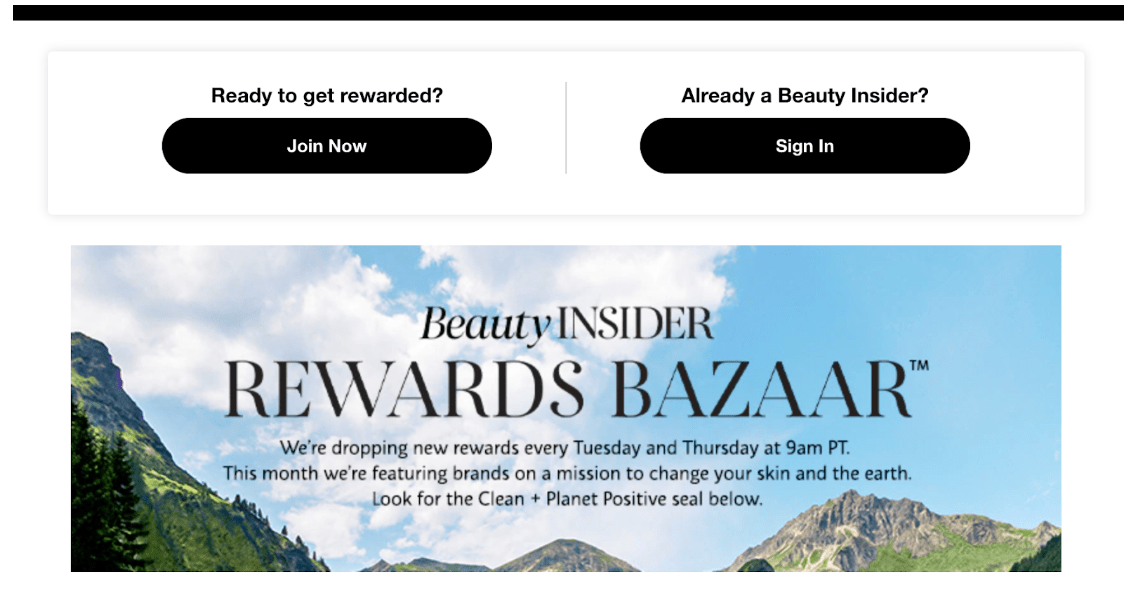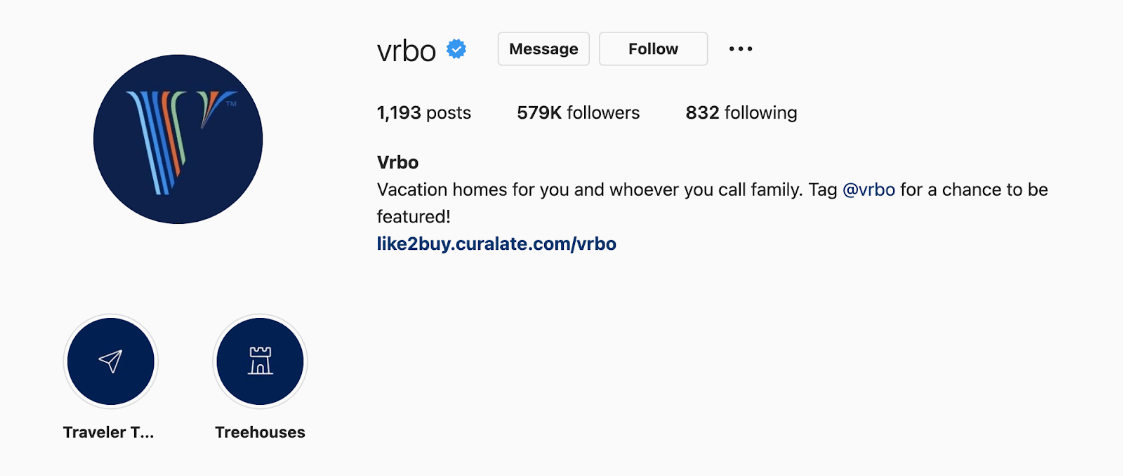Omnichannel marketing or multichannel marketing? Both strategies can work for businesses, but which marketing strategy fits your customers? This article dives into the different touchpoints of omnichannel vs multichannel marketing.
If you’re in the digital marketing or e-commerce space, you’ve likely heard of omnichannel marketing or multichannel marketing.
Since both involve different aspects, it might be hard to tell the difference if you’re not a marketing expert. Along with being able to tell the difference, it might be hard to decide for businesses which strategy works best.
To help you choose the right marketing approach for your brand, this article provides an in-depth explanation of the difference between omnichannel and multichannel marketing, along with their key aspects and definitions.
Hire a digital marketing expert to support your company.
Omnichannel vs Multichannel
- What is omnichannel marketing?
- What is multichannel marketing?
- Key aspects of omnichannel marketing
- Key aspects of multichannel marketing
- Key difference between the approaches
- How to choose between omnichannel and multichannel marketing
What is Omnichannel Marketing?
Omnichannel marketing involves multiple marketing channels for customer engagement, but these channels are integrated to create a more unified customer experience for everyone.
In simpler terms, with an omnichannel marketing strategy, customers can move seamlessly between digital channels during their buyer’s journey.
So whether they visit your social media profiles, your website, your online store, or even your physical store, the omnichannel strategy implies that all customers will see the same messaging throughout.
For example, a potential customer could be browsing the mall and sees an in-store retail window that has a sale, but decides to wait to buy until they get home.
When they log on to the company’s website a few days later and go to their online store, they’ll see the same sale online. If they sign up for promotional email alerts after making the purchase, they should receive discounts for in-store and online sales.
The omnichannel approach is geared toward creating a seamless experience for customers.
Additional Reading: ‘How to Create a Cohesive Omnichannel Customer Service Experience’
What is Multichannel Marketing?
Like the omnichannel approach, multichannel marketing uses more than one digital channel to communicate with potential and loyal customers. However, these channels aren’t necessarily fully integrated in a multichannel marketing strategy.
For example, a potential customer could see a completely different style on different social media channels than they do in a promotional email, mobile app, or mortar store. These are different because the product or service is the focal point within a multichannel marketing approach.
Since each channel functions separately, a customer journey can differ depending on which single channel they explore.
In short, each aspect within a multichannel strategy works individually as a separate customer-centric user experience and sales opportunity.
Key Aspects of Omnichannel Marketing
Omnichannel marketing focuses on the customer experience, which requires more personalization.
A personalized experience with marketing strategies sets companies apart from their counterparts.
Consumers also prefer brand consistency, which is something that an omnichannel approach provides. If your brand lacks stability and consistency, customers will suspect that your company is unorganized.
An omnichannel customer experience accounts for each platform and device a customer will use to interact with. Customers can purchase wherever they are - rather than treating different channels as independent silos.
One real-life example is Amazon.
By putting the customer first, Amazon’s e-commerce industry uses customer data to create personalized and relevant messages.

All of their platforms and products assist with this strategy.
Amazon uses Alexa to enable voice-ordering and other personalized messages, and their online checkout system caters to creating a seamless journey with each touchpoint clearly laid out.

Sephora creates an omnichannel retail experience that connects online purchases to in-store visits.

In addition to in-store perks, customers can use the store tablets to access their “Beauty Bag” accounts while shopping in store.
Through this, users can look up item details, explore their wishlists, and even virtually try on products. Customers can also make purchases through the tablet instead of heading up to the register.
Omnichannel marketing uses customer data and insights to optimize their marketing strategy and brand messaging.
Key Aspects of Multichannel Marketing
Most organizations naturally use multichannel marketing strategies because of how straightforward they are.
A multichannel marketing campaign only requires one main message or call-to-action to sell a product or service, which mirrors traditional marketing strategies.
Within a multichannel marketing approach, teams need to prioritize which channels they’re using and their content since the styles will differ between them. They also need to form different goals for each different channel since they will have different approaches.
One real-life example is Vrbo, a rental home marketplace.
All of their various channels have a variety of content and messaging because they have different goals.
For example, their social media posts are meant to create more brand awareness and add a slice of relatability to trip planning.

But the goal of their website and mobile app is give users the opportunity to start planning their vacations with different filters to guide their experience.

Apple uses multichannel marketing as well by having different sales strategies for their mortar store and online e-commerce.

While online sales thrive off of the imagery that their website uses to sell their wide range of products, their in-store approach focuses on having touchpoints with each potential customer at the Genius bar.
Multichannel retail marketing reinforces the idea that each channel is an independent sales opportunity for a brand.
Key Difference Between Omnichannel vs. Multichannel
The key difference between omnichannel and multichannel approaches is the focal point of the overall marketing strategy.
Omnichannel marketing involves using all available media channels to make your strategy customer-focused, whereas multichannel relies on more than one channel that is centered around the product or service of a brand.
For example, in an omnichannel marketing campaign, the customer experience is critical, so all of the brand messaging, marketing collateral, and more are centered around the target audience and their customer satisfaction.
With multichannel marketing, the brand is the main focal point, so the messaging and other marketing materials can be shaped to fit whatever the brand is trying to sell. The target audience does matter, but marketing strategies aren’t adapted to customer behavior like within an omnichannel marketing approach.
Omnichannel vs. Multichannel -Which Strategy to Choose for Your Business?
Businesses of all sizes and industries have found success with both the omnichannel approach and multichannel approach, so the key for businesses looking to choose need to think about their business goals and resources.
If a business has a solid marketing strategy already, omnichannel marketing can help that grow. It is a process that takes a lot of time and investment in terms of planning, maintenance, and resources.
If your company is able to put the right amount of effort into an omnichannel strategy, then consider this a great payoff for your business and customers.
A multichannel strategy can also be a good option for your business. Since omnichannel marketing requires more work, it might be best for your company to stick with multichannel marketing.
Along with the flexibility it allows, it still provides great results working with a number of channels.
Whichever sales channel/marketing approach your business chooses, be sure to deliver a consistent experience to your customers.
Omnichannel vs. Multichannel Marketing
Customer experience is valuable to any business. It should be a key tenet within any marketing team. When it comes to omnichannel vs. multichannel marketing, there isn’t a correct answer for which to choose - but think about how important customer loyalty is to your brand and revenue.
Determine whether an omnichannel experience or multichannel experience fits best for your company’s goals.